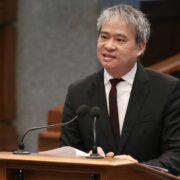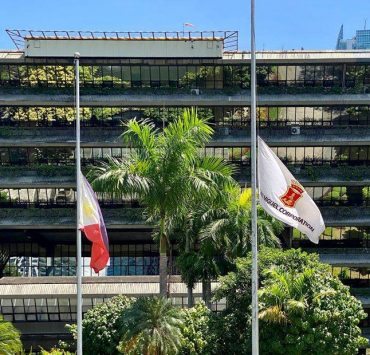Tax bite on Olympic rewards

A warm and financially rewarding welcome awaits the Filipino athletes who won medals in the 2024 Paris Olympics.
For winning two gold medals, gymnast Carlos Yulo would receive, among others, P6 million from the House of Representatives, a condominium unit from Megaworld Corp. and products and services from several commercial establishments. The other medalists are also expected to receive cash and material rewards from the government and their sports organizations.
The country’s latest sports heroes are assured that they can enjoy the full benefits of the cash rewards, incentives and perks they will receive because they will not be subject to income tax.
In addition, under Republic Act No. 10699, or the National Athletes and Coaches Benefits and Incentives Act, they shall be entitled to a 20-percent discount on transportation, restaurant and hotel services, and admission fees of theaters and other recreation centers.
Note that under the Tax Code, “all prizes and awards to athletes in local and international sports competitions and tournaments whether held in the Philippines or abroad and sanctioned by their national sports association” shall not be included in the computation of gross income and therefore exempt from income tax.
If those perks come from sources other than local and international competitions endorsed by national sports association, the exemption would not automatically apply, that is, their monetary value would be included in the gross income of their recipient.
The rule of thumb is tax exemptions are strictly construed because taxes are considered the lifeblood of a country. Any party that wants to avail of it has to present clear and convincing evidence or arguments before the Bureau of Internal Revenue (BIR) that he or she is entitled to it.
If the application meets that criterion, the exemption is granted through a letter from the BIR that particularly states the circumstances involved and the reasons behind its action. In other words, it’s issued on a case-to-case basis.
With today’s BIR under pressure to collect as much revenues as possible to meet the government’s financial requirements, getting a tax exemption would be like pulling a hen’s teeth. And our courts traditionally defer to the BIR’s judgment on this issue.
Thus, the donors of cash and material rewards to the medalists (except the House of Representatives) should be prepared to pay a donor’s tax equivalent to 6 percent of the fair market value of the donation at the time it was made, less P250,000.
The deduction is provided for in the Tax Reform for Acceleration and Inclusion Law. Thus, in the case of Megaworld’s award to Yulo of a P35 million-worth condominium unit, it may have to cough up some P2 million in donor’s tax, an amount that it can easily afford. In light of the company’s consistent profitable operations, it is unlikely that the BIR would be in the mood to give it a tax break on its donation.
Note that aside from Megaworld, Yulo had been offered by various commercial outlets free buffet meals, all he can eat grilled chicken, headlights for his car, lifetime supply of phone cases, free medical consultation, and the services of a wedding photographer when he gets married.
If we go by the book, those rewards are, by their nature, considered donations and so their monetary value would attract a donor’s tax that their donors are obliged to pay.
Those kindhearted benefactors may not have been aware that their generosity has tax returns and payment implications. Hopefully, the BIR would consider the monetary value of their donations as, to use a tax phrase, de minimis (or lacking in significance or importance) and therefore not worth the trouble of looking into their possible tax coverage.
It would be unflattering to the BIR’s image to be seen as a Scrooge in the public’s euphoria over the athletes’ feat in garnering two gold and two bronze medals in the world’s most prestigious sports event.


















